The property crisis during the last recession saw a sharp increase in the demand for rental properties across the country, due to difficulties experienced by significant numbers of potential home owners in securing credit. For those in a stable financial position, buy to let quickly became an excellent option for investment, in many instances yielding an impressive profit.
It now looks as though the buy to let bubble has finally burst, however. The first indication of this was in the summer of 2015, when the government announced a four year plan, starting from April 2017, to restrict relief on mortgage interest payments for all landlords from their personal tax rate to the basic rate of income tax – for some, a reduction of up to 25 percent.
Only four months later, it was announced that as from April this year, three percent will be added to the rate of stamp duty paid by those who already own a property.
With these new measures in place then, let’s assume that a successful landlord with a number of properties pays income tax at a rate of 40 percent. He receives £100,000 yearly in rent from his tenants, from which he must pay £40,000 in mortgage interest, giving him a pre-tax profit of £60,000. As from 2020, he would then owe £36,000 in tax yearly, leaving him a profit of £24,000 per annum.
Should that same landlord choose to increase his portfolio by purchasing another buy to let property for £350,000, he will find that instead of paying £7,500 in stamp duty, he will in fact be charged £18,000 – an increase of £10,500.
Undoubtedly, these figures will lead many landlords to question whether or not investing in property will continue to be a viable business option. However, accountants have uncovered a way of clawing back funds, which could prove to be a lifeline for some.
Whether they own one property or dozens, landlords who pay a higher and additional rate of tax are now being advised that it may be worth investing through a limited company, which will then allow them to reinvest the profits at a lower tax rate, as they continue to expand their portfolio of properties.
Holding properties within a company structure means that rental profits are then taxed at the corporation tax rate of 20 percent – a figure which will fall to 18 percent in 2020.
So, if he should choose to invest through a company, our same landlord would find that instead of paying £36,000 in tax, he would in fact pay £10,800 on the rental profit, leaving him with £49,200 post-tax profit, as opposed to £24,000.
This method of reducing tax payments will not be suitable for all landlords however, and professional advice should be sought before changes are introduced in April.





